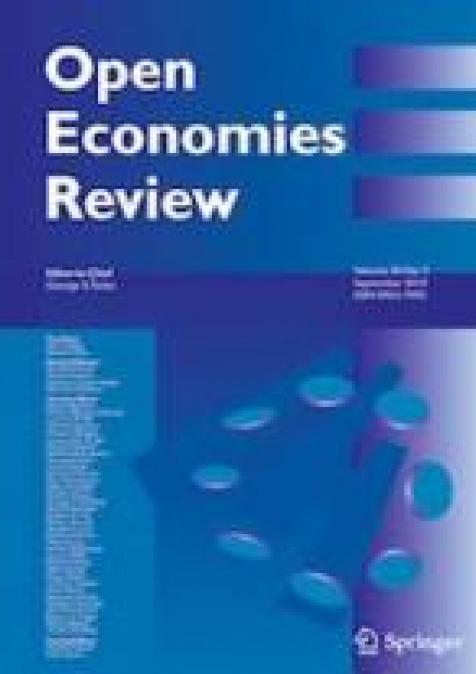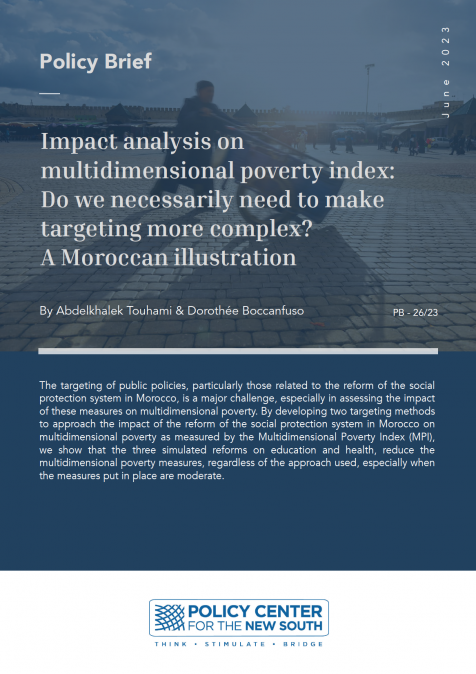Publications /
Paper in Academic Journals
Paper in Academic Journals
Making Globalization Inclusive: Job Creation and Wage Inequality in Developing Economies
October 1, 2019
Some of the papers in this special issue were initially presented at a September 2016 conference on Global Labor Markets organized by the IMF, Policy Center for the New South and Brunel University, while others were commissioned through a call for papers. Funding for this initiative was provided in part through the IF-DFID program on Macroeconomic Research in Low Income Countries. Views expressed in this introduction and in the papers are those of the authors and should not be ascribed to the IMF or DFID.











